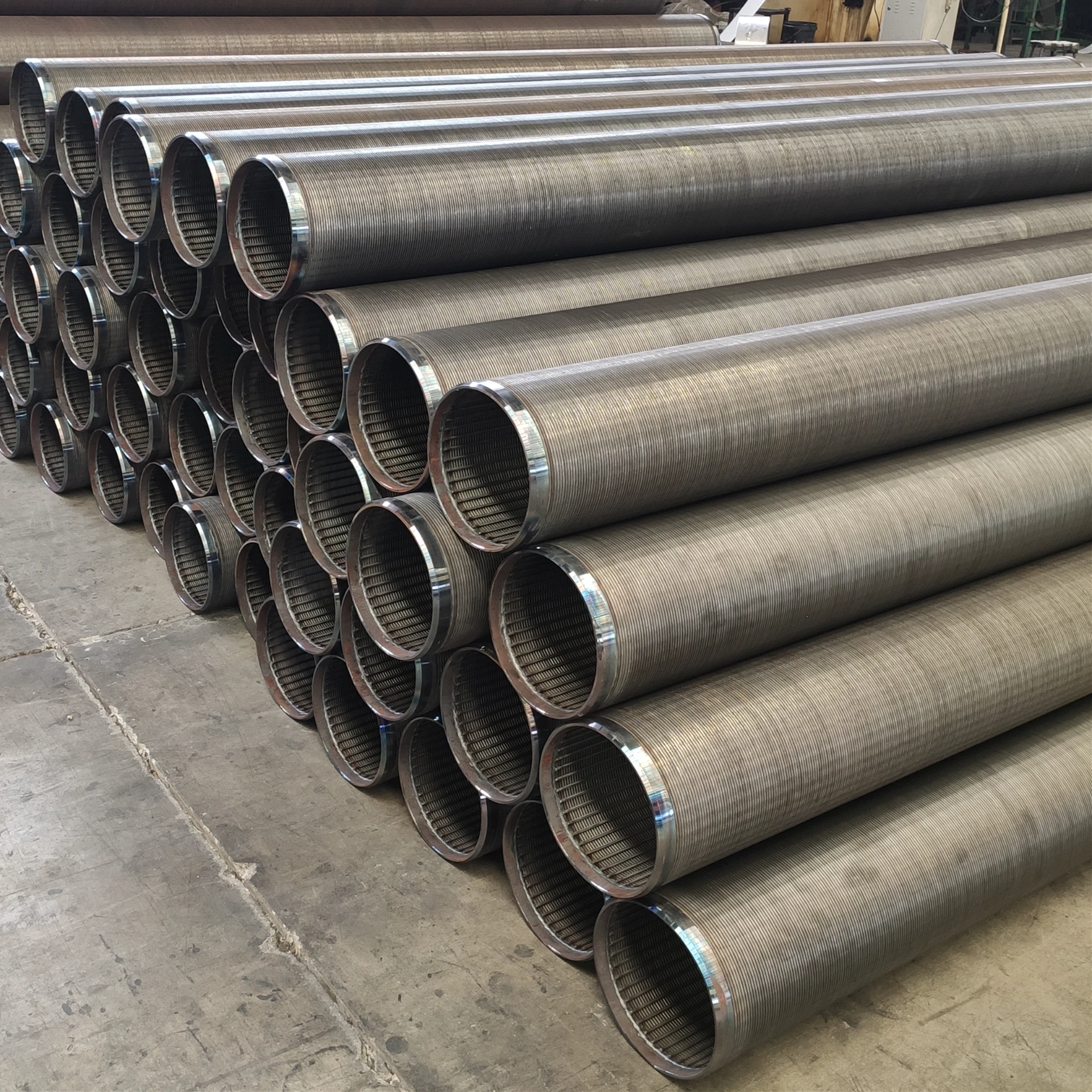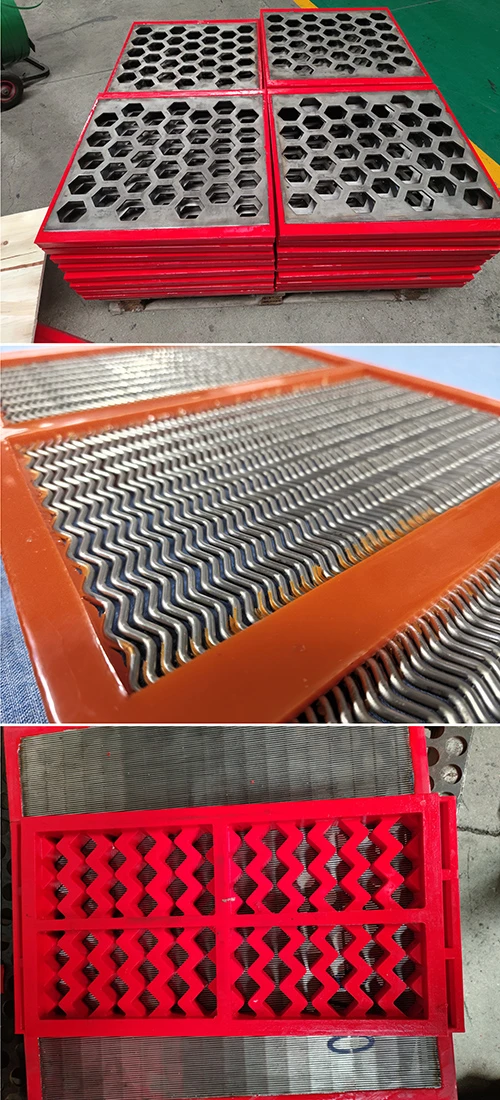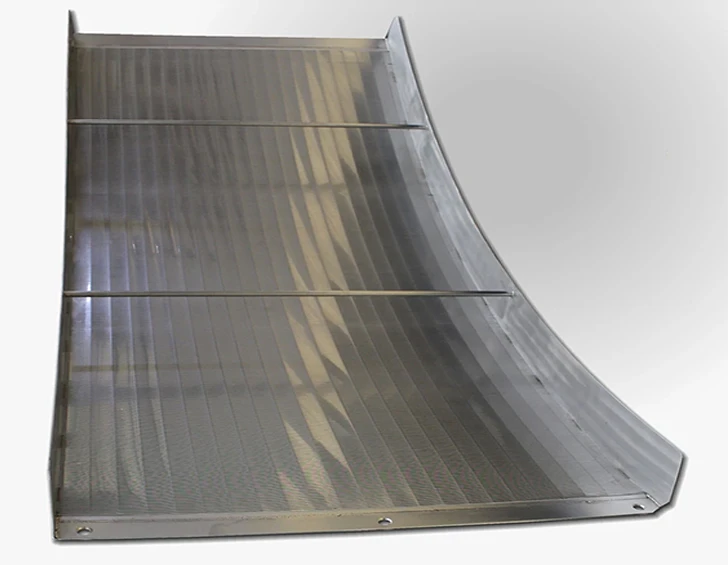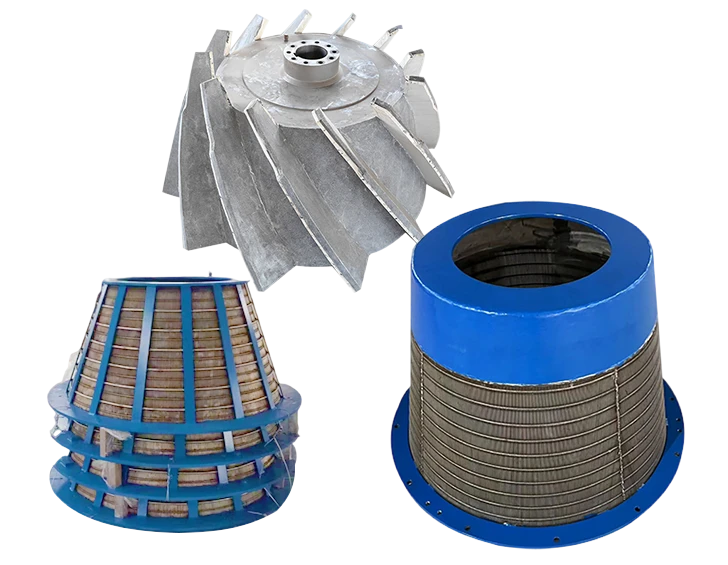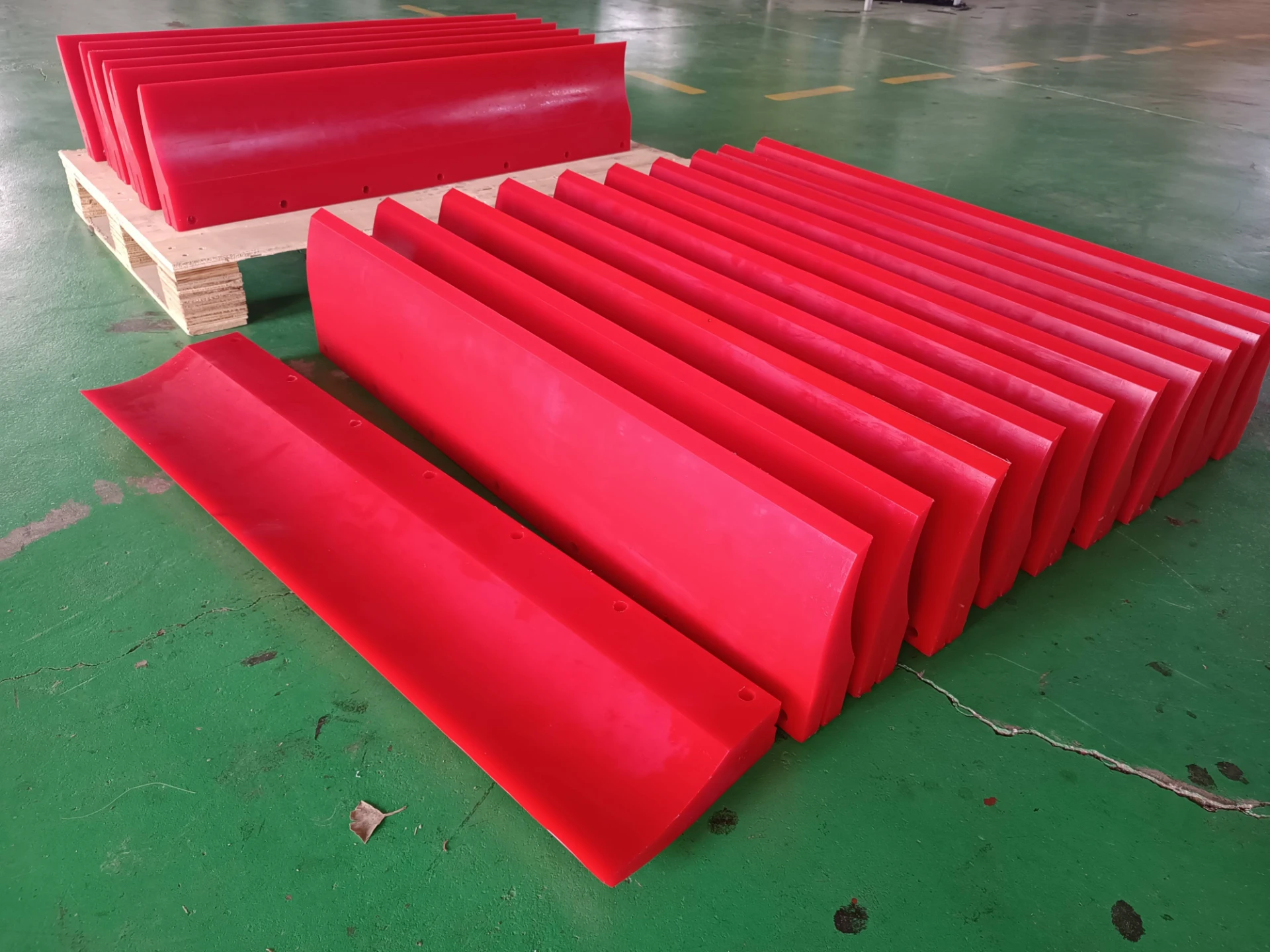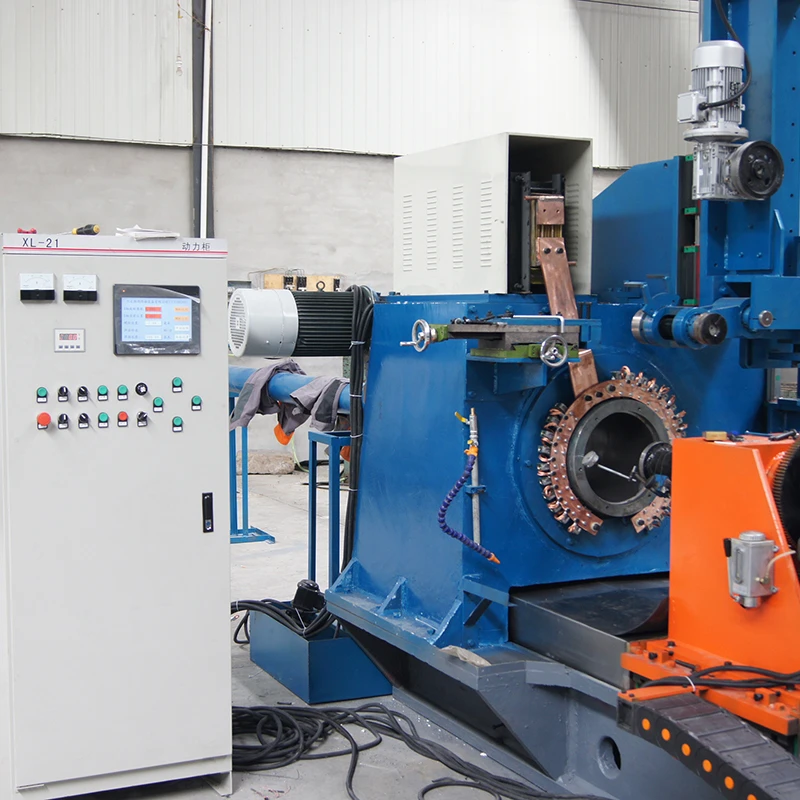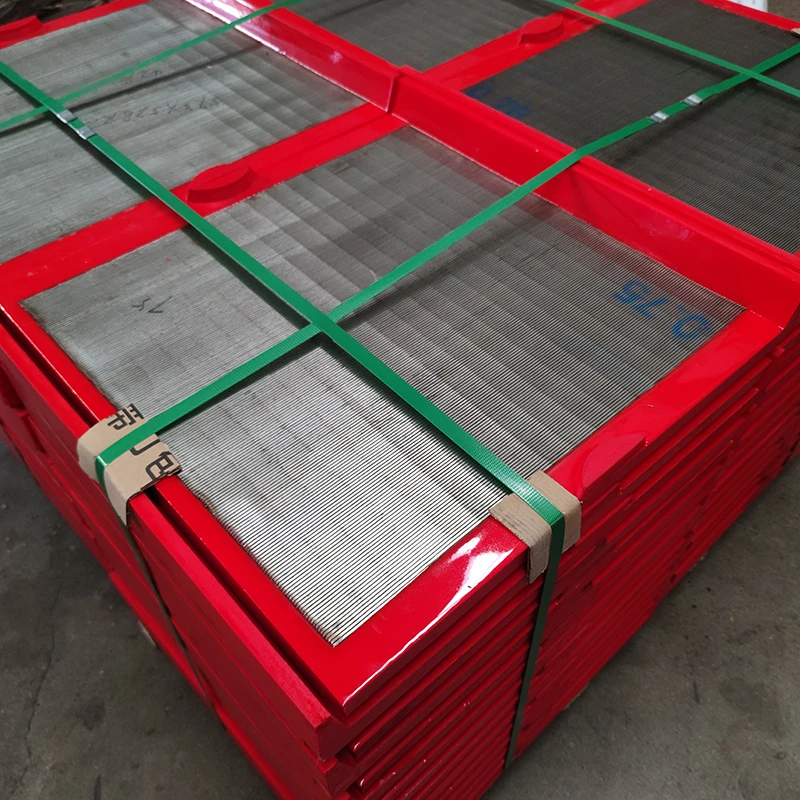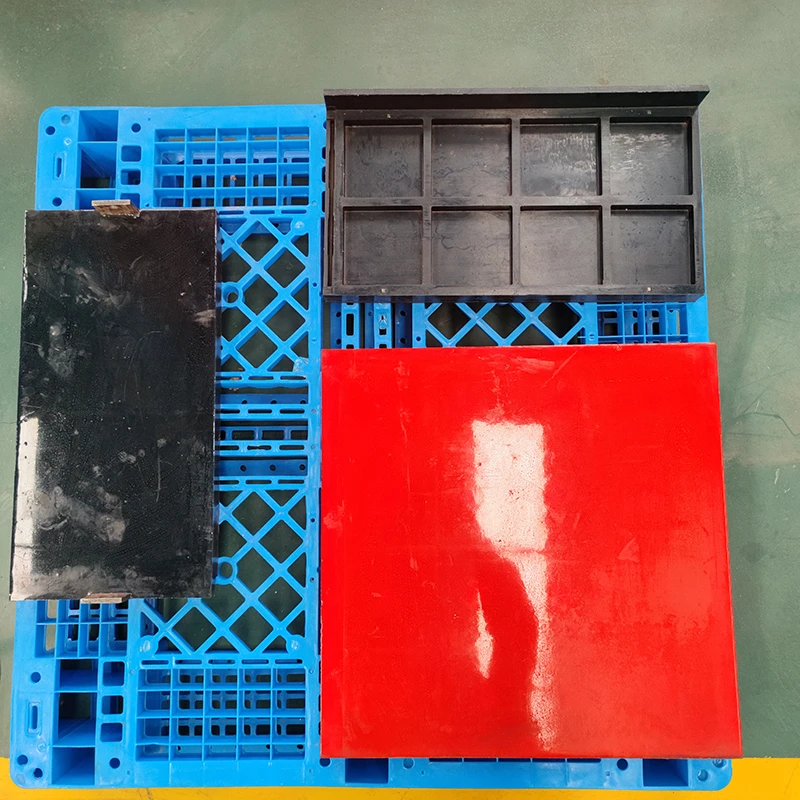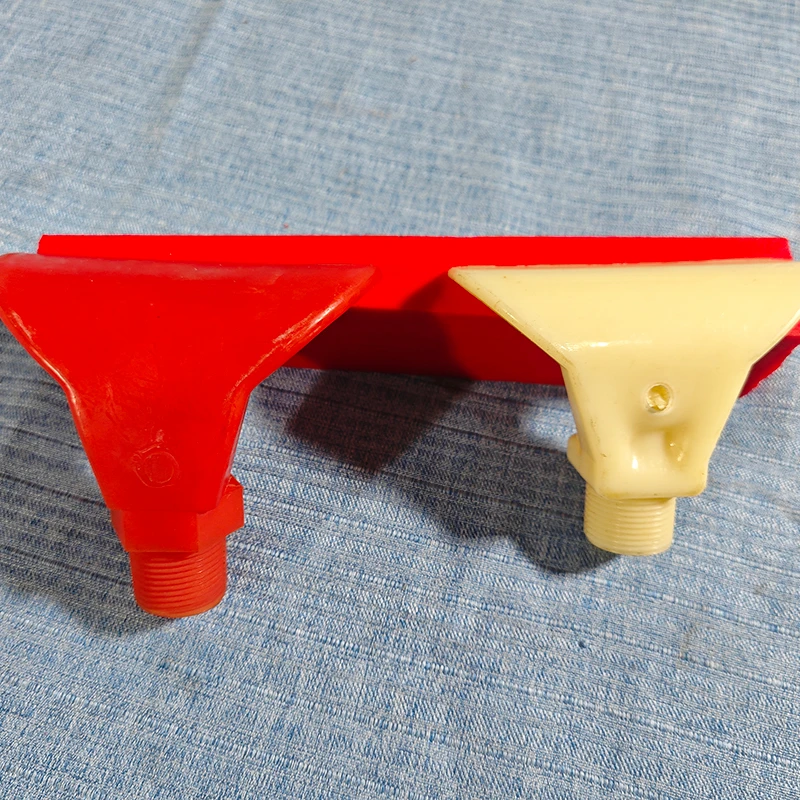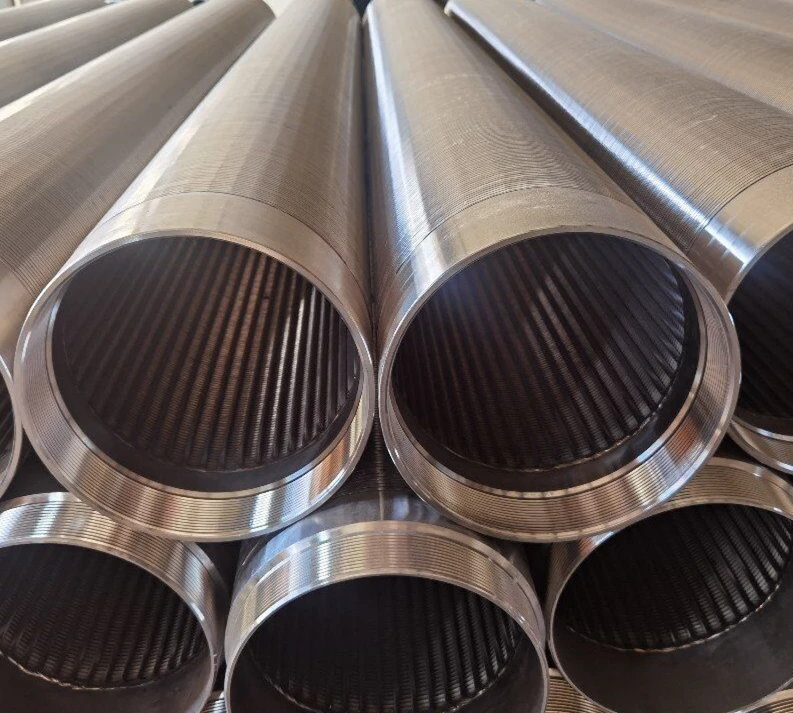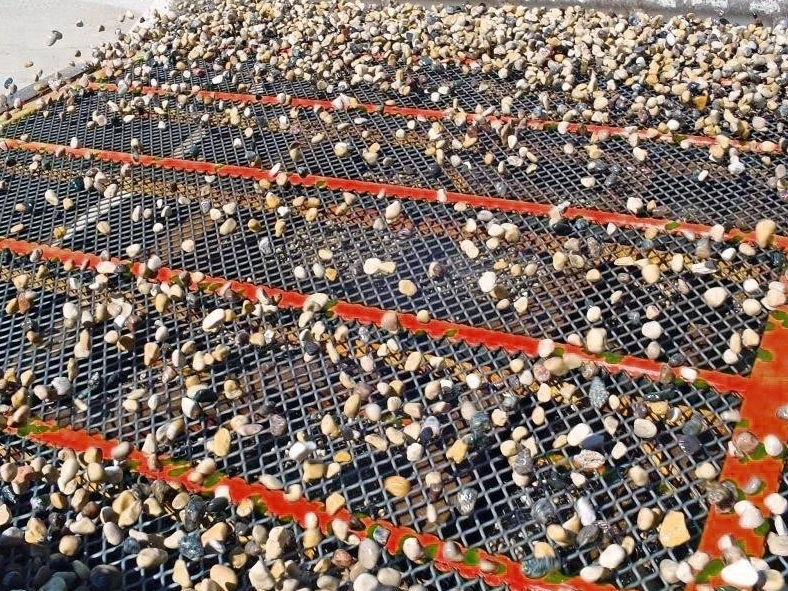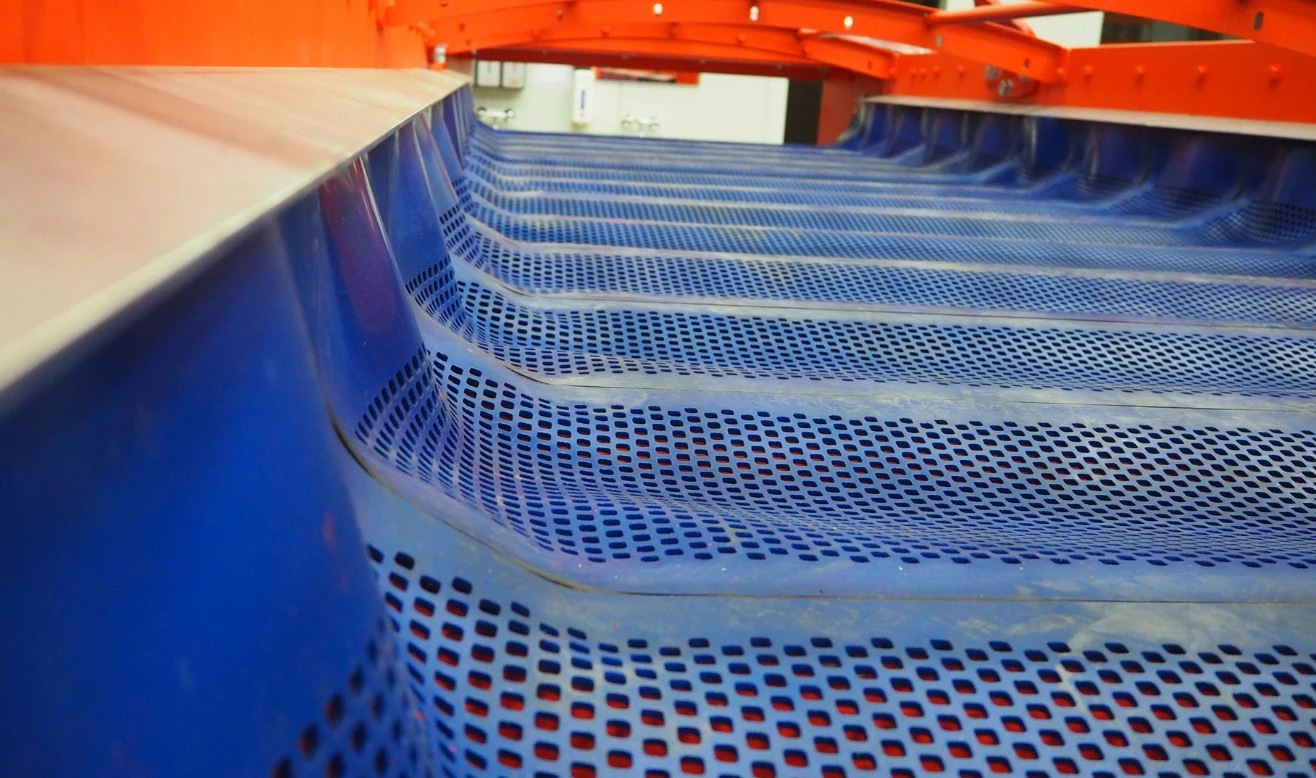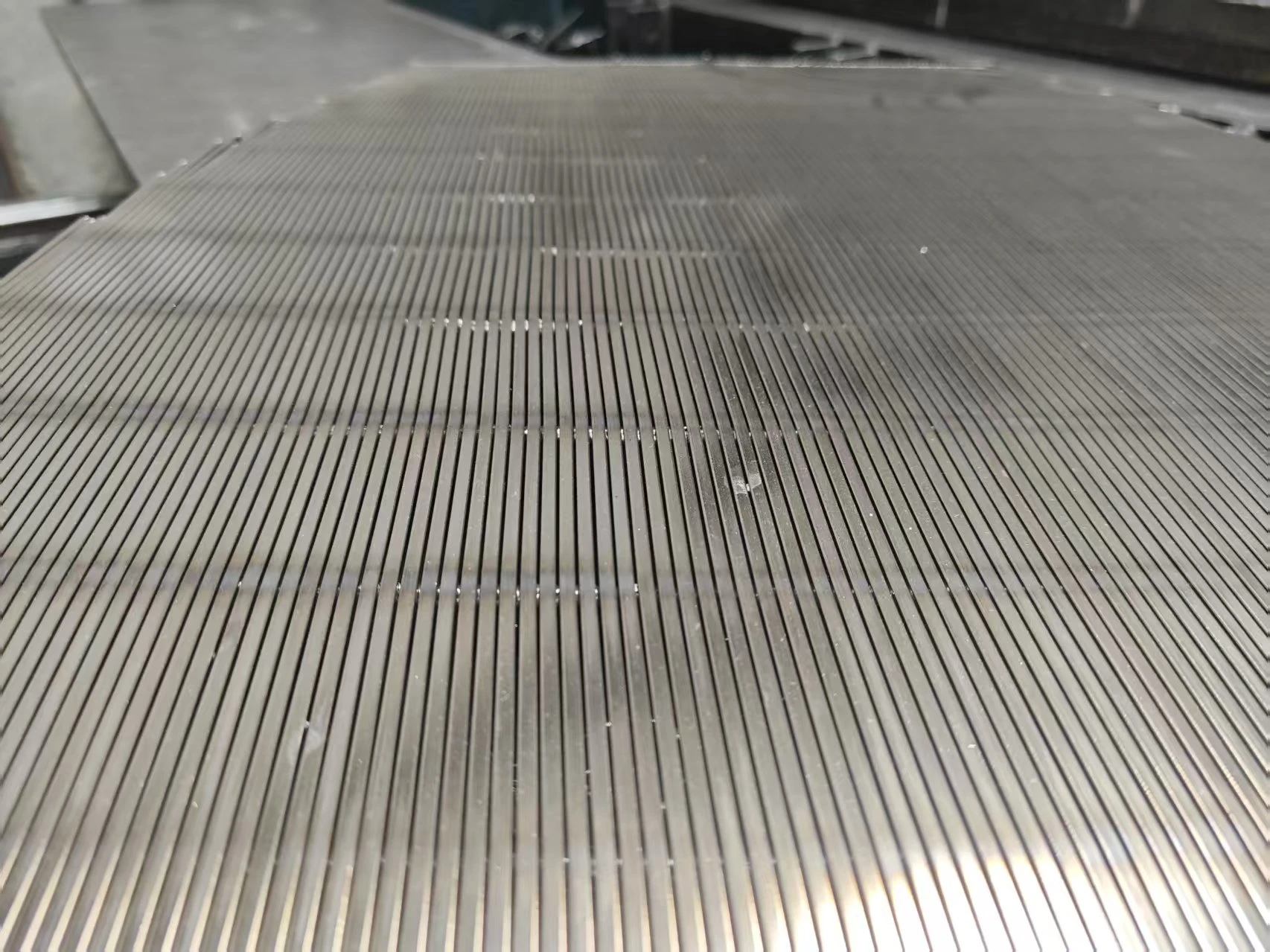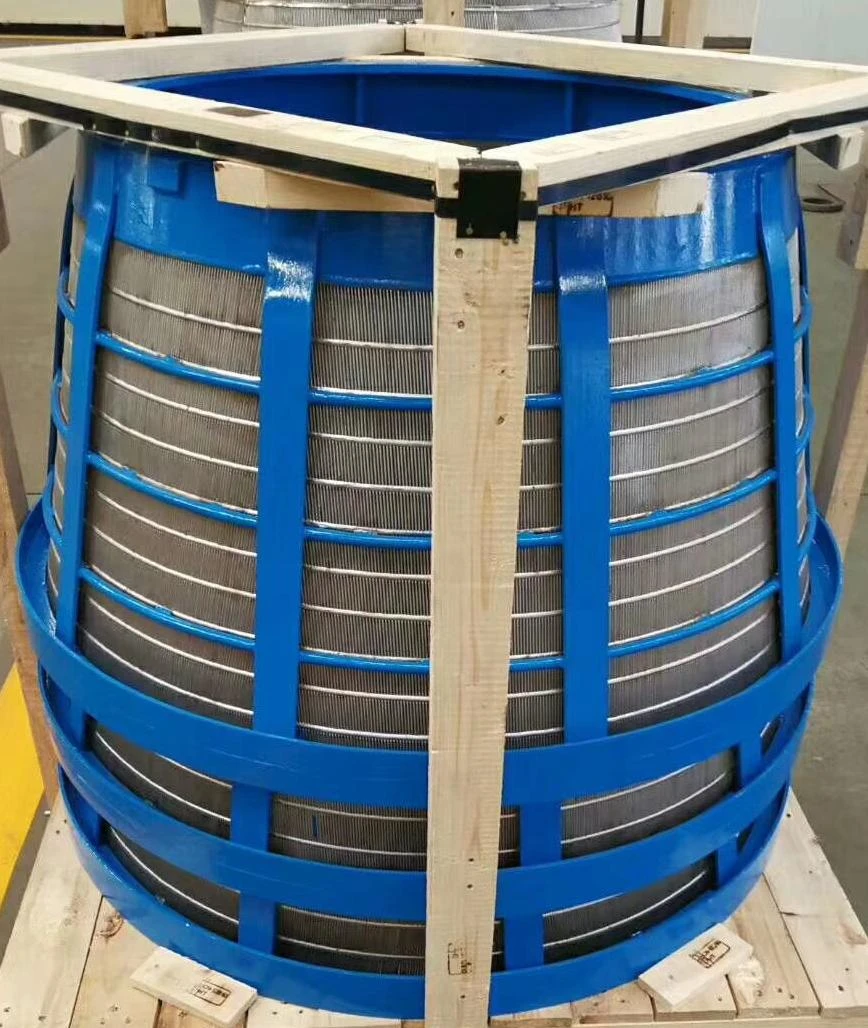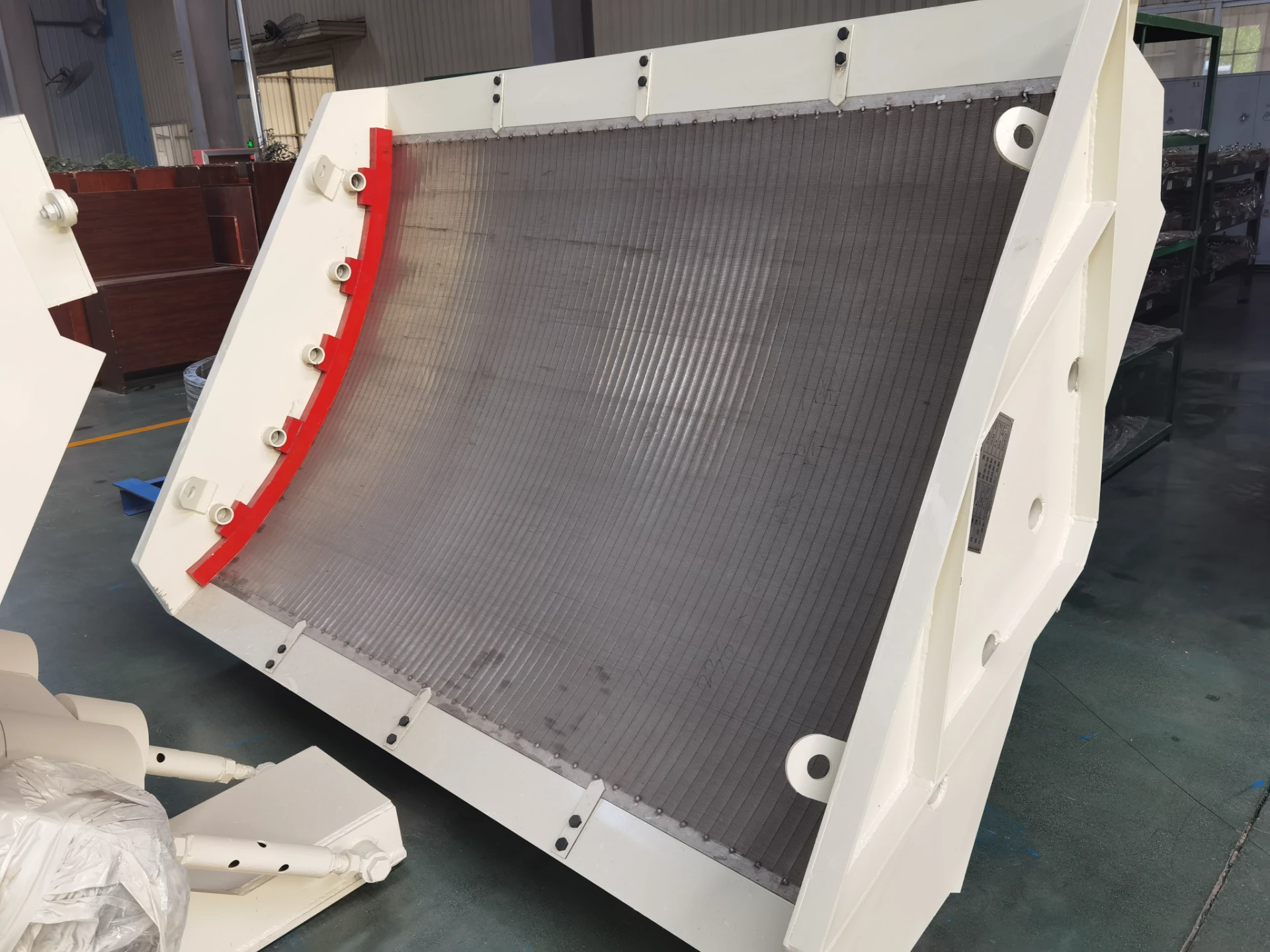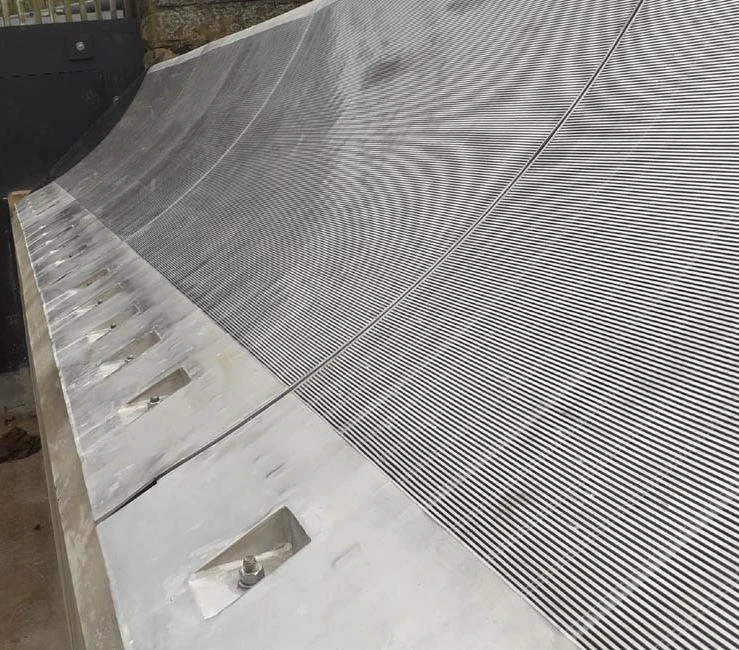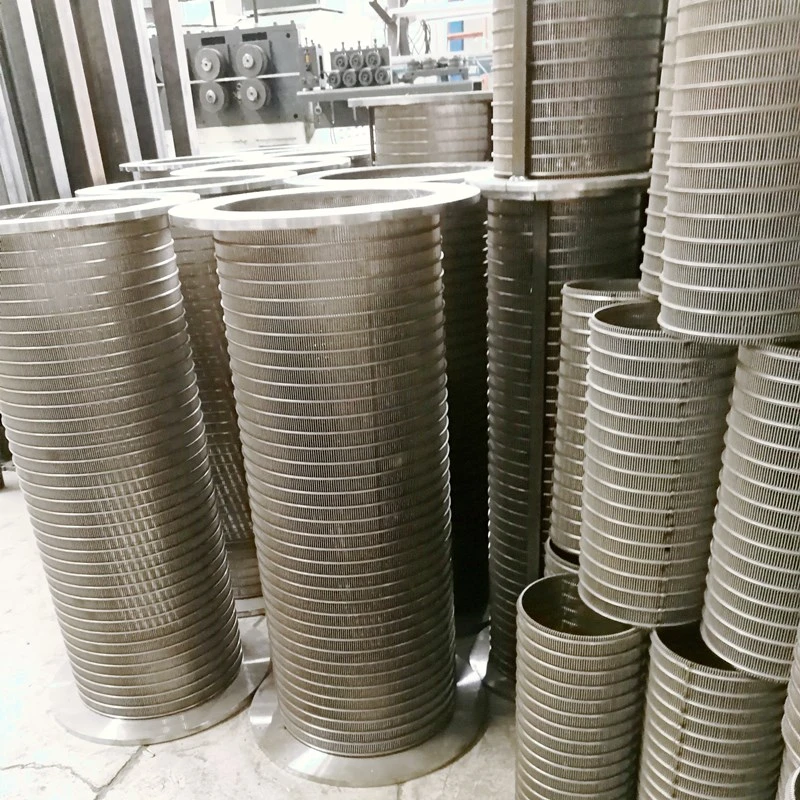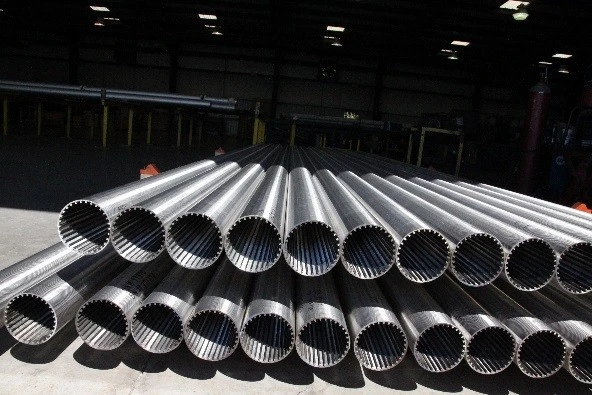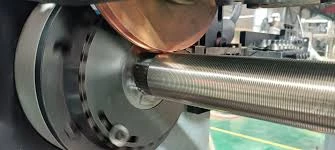- Introduction to Polyurethane Screen Technology
- Data-Driven Performance: Impact Resistance & Durability
- Technical Superiority in Screening Applications
- Comparative Analysis of Leading Manufacturers
- Custom Engineering Solutions for Specific Needs
- Industry-Specific Application Case Studies
- Sustainable Longevity of Polyurethane Screen Systems
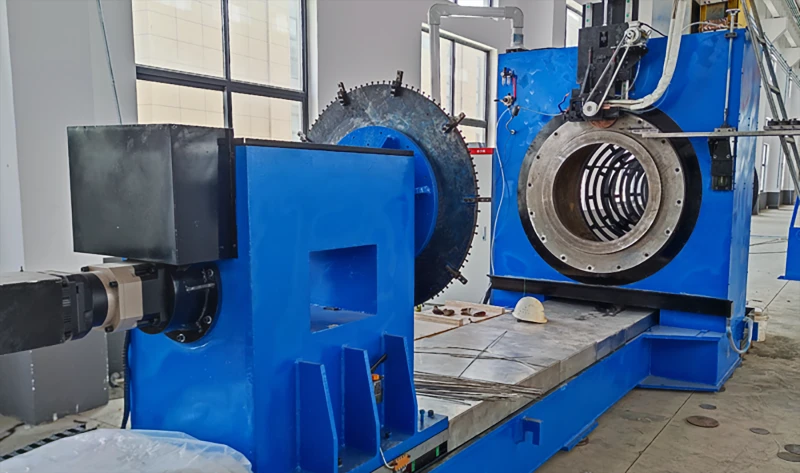
(polyurethane screen)
Understanding Polyurethane Screen Solutions for Modern Industries
Polyurethane screens have revolutionized material separation processes across mining, recycling, and aggregate industries. With 85% higher wear resistance than traditional rubber screens (Industrial Materials Journal, 2023), these advanced screening components deliver unparalleled performance in high-impact environments. Their unique molecular structure enables exceptional flexibility while maintaining structural integrity under continuous vibration stress.
Material Science Breakthroughs in Screening
Third-party laboratory tests demonstrate polyurethane screen
mesh achieves:
- ⮞ 3.2x longer service life vs steel mesh in abrasive environments
- ⮞ 40% reduction in maintenance downtime
- ⮞ 17% higher screening efficiency through optimized aperture retention
This performance stems from proprietary polymer blends achieving 92±3 Shore A hardness with controlled elastic recovery properties.
Manufacturer Comparison Matrix
| Brand | Warranty (Months) | Max Temp (°F) | Minimum Aperture (mm) | Production Lead Time |
|---|---|---|---|---|
| ScreenTech Pro | 24 | 230 | 0.25 | 10-14 days |
| PolyMax Industries | 18 | 210 | 0.35 | 21-28 days |
| UltraScreen Solutions | 36 | 250 | 0.15 | Custom orders only |
Precision Engineering Capabilities
Advanced manufacturers now offer:
- Computer-modeled aperture patterns (hexagonal, square, slot)
- Multi-layer composite constructions for specific material profiles
- Real-time production monitoring with ±0.02mm dimensional accuracy
Case Example: A copper mining operation reduced replacement frequency by 62% through implementing tapered aperture designs (8mm→5mm transition) in primary screening stages.
Operational Efficiency Casebook
| Industry | Challenge | Solution | Outcome |
|---|---|---|---|
| Aggregate Processing | Premature wear in wet screening | Hydrophobic polyurethane blend | +11,000 operational hours |
| Mineral Recovery | Fine particle blinding | Anti-static screen surface | 98.7% material recovery |
Maintaining Polyurethane Screening Systems
Proper care extends service life beyond manufacturer guarantees:
- • Monthly tension checks (maintain 18-22kN/m)
- • pH-balanced cleaning solutions (avoid >10% acid concentration)
- • Infrared thermal imaging for early wear detection
Optimizing Polyurethane Screen Lifespan Through Innovation
Recent field data shows properly maintained polyurethane vibrating screen accessories achieve 94% cost efficiency over 5-year periods compared to metal alternatives. Emerging technologies like embedded wear sensors and self-cleaning surface treatments promise to push operational limits further, with pilot programs demonstrating 134% ROI through predictive maintenance integration.
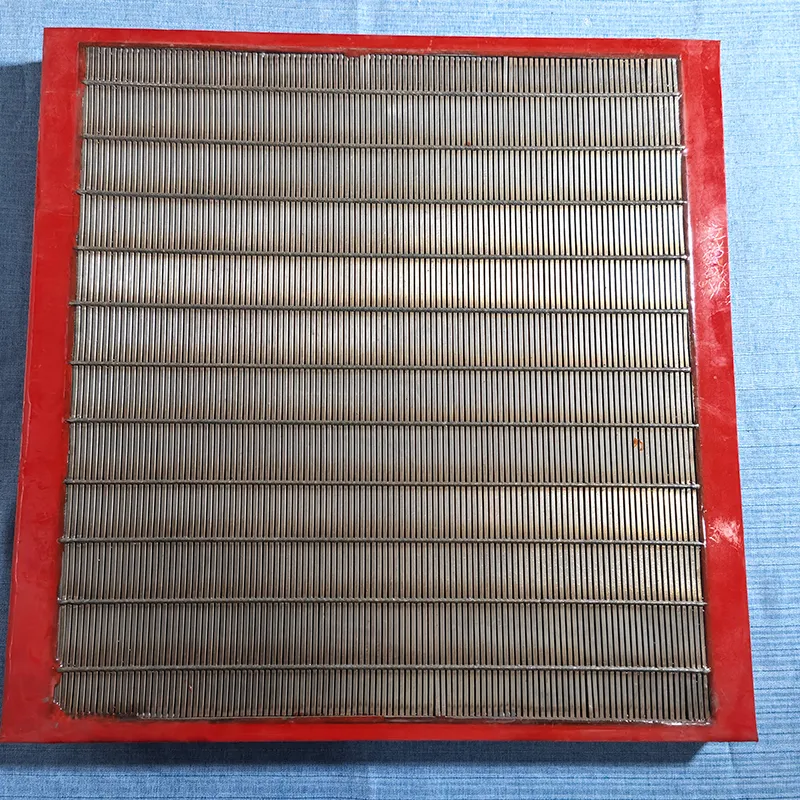
(polyurethane screen)
FAQS on polyurethane screen
Q: What are the key advantages of using a polyurethane screen?
A: Polyurethane screens offer exceptional durability, resistance to abrasion and chemicals, and reduced noise levels compared to metal screens. Their flexibility also minimizes material blockages.
Q: How do Vibrating Screen Polyurethane Accessories improve screening efficiency?
A: These accessories enhance vibration stability, reduce wear on screen panels, and extend equipment lifespan. They also ensure consistent material flow for optimized separation.
Q: Can polyurethane screen mesh handle high-temperature materials?
A: Yes, polyurethane screen mesh can withstand moderate temperatures while maintaining structural integrity. For extreme heat, specialized formulations may be required.
Q: What industries commonly use polyurethane screen panels?
A: Mining, construction, recycling, and aggregate industries frequently use them for grading, dewatering, and sorting applications due to their wear resistance and longevity.
Q: How does polyurethane screen maintenance compare to metal alternatives?
A: Polyurethane screens require less frequent replacement and minimal lubrication. Their non-corrosive nature eliminates rust-related maintenance common with metal screens.

